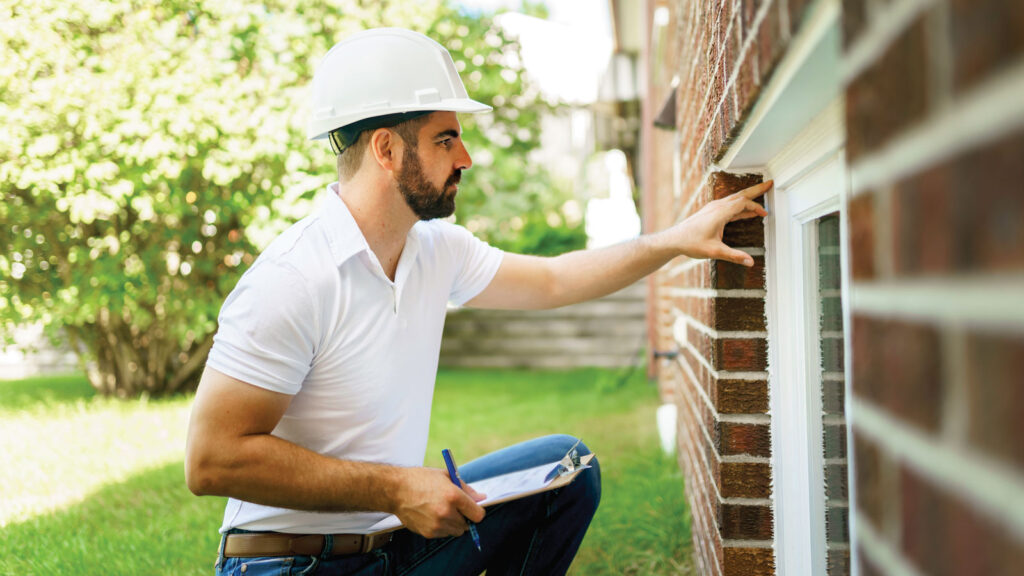You finally found the home of your dreams and had your offer accepted by the seller. Now a different kind of stress has settled in. What type of inspections do you need — and will the seller fix any issues found?
Home inspection results can lead to another set of negotiations during the transaction that can require give and take from both sides. There are numerous inspections a buyer can choose to have done based on the characteristics of a property. Some of the most common are basic whole-house inspection, termites, and radon. Home inspections can identify structural issues and defects a buyer might not have the knowledge to look for and reduce the possibility of finding problems after the sale has closed.
Most buyers start with a general inspection, where an inspector will inspect the most common areas of a home. The inspector will look for structural issues with the foundation, roof, and exterior of a property; the heating and cooling systems for failures and proper airflow; the electric system for faulty wiring, overload circuits, and proper grounding fault interrupters (GFIs); the plumbing system for leaks, slow drains, and corrosion; and appliances to make sure they are all functioning properly.
Another common inspection is a termite inspection, required by some types of mortgages. During a termite inspection, a qualified inspector will look for active termites, wood damage, mud tubes, and paint buckling. All can be signs of active termite infestation that needs to be treated or damage that needs to be repaired from a previous infestation.
In recent years, testing for radon has become the norm. Radon is an invisible, odorless, radioactive gas below the soil that can seep into a home through the foundation. There are various tests for radon, but most professional home inspectors set a testing machine in the lowest level of a home for some time to determine the radon level. If the radon level is above four picocuries per liter (4 pCi/L), a mitigation system may need to be installed to lower the radon level.
There are numerous other inspections a buyer can perform — sewer, lagoon, pool, and air quality — all for the health, safety, and investment protection of a new owner. Home inspections might not find every issue, but they can provide a buyer with peace of mind when making their biggest investment in homeownership.
Sometimes inspectors will call out items in their findings that are part of the current building code but were not required when the home was built. Depending on the age of a home, some of those items are easy to upgrade, and some are more costly.
There is no licensing requirement in Missouri for home inspectors, although most are certified by the American Society of Home Inspectors. Before hiring an inspector, make sure you speak to several about the property you are purchasing and the type of inspections needed. Also, consider asking for references you can contact to get feedback.

Brian Toohey is the chief executive officer for the Columbia Board of REALTORS.










